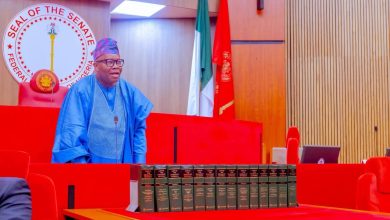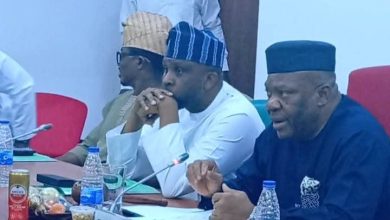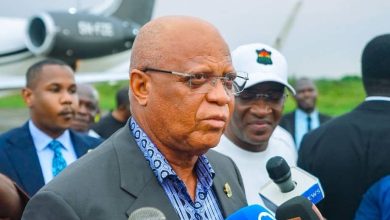Revamping Of Local Refineries Will Reduce Pump Price Of Petrol – Senator Bassey Albert
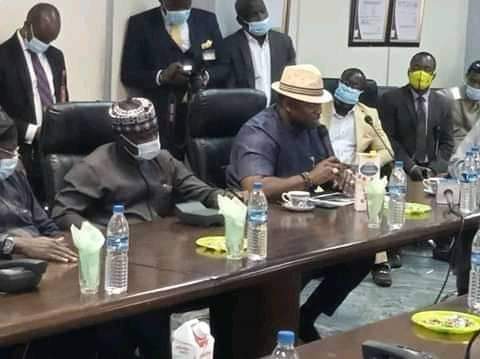
As nationwide concerns mounts over the increasing cost of Premium Motor Spirit (PMS) in the local market, a Senator, Obong Bassey Albert Akpan (OBA) has said that the only way out was for our local refineries to function optimally.
Currently, Nigeria exports crude oil and imports refined products, a situation that triples cost of PMS as none of Nigeria’s refineries are working efficiently.
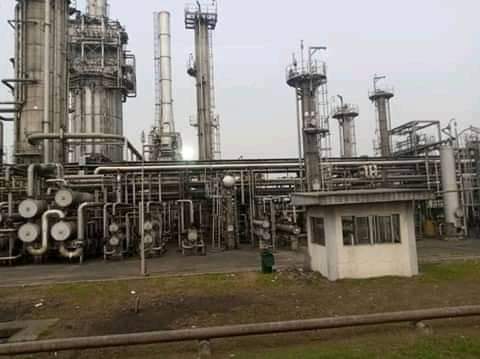
Accordingly, Senator Albert, who is the Chairman, Senate Committee on Petroleum Resources (Upstream), wants the Federal Government through the Nigerian National Petroleum Corporation (NNPC) to put the issue on the front burner as soon as possible.
Senator Albert made the assertion when the Senate Committees on Petroleum Resources (Upstream and Downstream) embarked on an oversight visit to the Port Harcourt Refinery, Rivers State, Wednesday.
The two-term senator, who is an economist and financial expert, stressed that for Nigeria to get out of the unstable cost of pump price of PMS, local refineries have to be fixed and made functional.
“This way our local market will not suffer the ripple effect of the occasional surge experienced on the price of crude in the global market,” Senator Albert said.
Albert, a former Commissioner for Finance in Akwa Ibom State, lamented that the continuous trend of exporting raw crude and importing of finished product by the country was not cost effective.
He therefore harped on the need to get refineries working to optimal capacity to address concerns of high cost of Premium Motor Spirit (PMS) in the local market, due to our inability to increase production locally.
In his response, the Managing Director of Port Harcourt Refining Company (PHRC), Ahmed Dikko promised to work closely with all relevant stakeholders to get the refinery working in full capacity in line with the expectations of Nigerians.
Dikko commended Senator Albert and members of the Senate Committees on Petroleum Resources (Upstream and Downstream) for contributing positively to the development of the Oil and Gas Industry in the country.

The Committees had earlier visited the Kaduna Refinery as well as the a private concern in Lagos, Dangote refinery.
Nigeria has a reported oil production capacity of more than two million barrels per day, with about two percent of the total proven reserve utilized annually.

